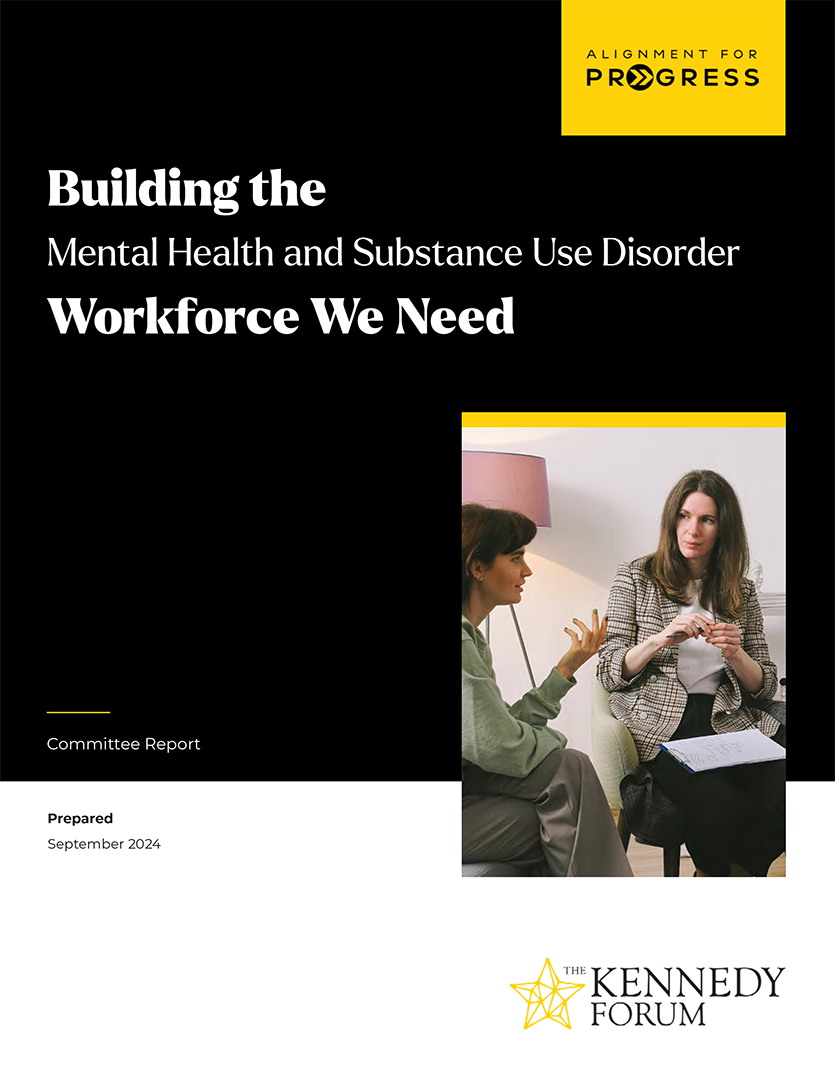Psychiatric Nurse Practitioner
A Psychiatric-Mental Health Nurse Practitioner (PMHNP) is an advanced practice registered nurse (APRN) specializing in mental health care. They are trained to assess, diagnose, and treat mental health disorders, including prescribing medication and providing psychotherapy. PMHNPs work with individuals, families, and groups to manage and improve mental health and well-being. They often collaborate with other healthcare professionals to provide comprehensive care and may work in various settings, including hospitals, outpatient clinics, private practices, and community health centers.
Psychiatric nursing, also known as mental health nursing, is a specialized field of nursing focused on the care and treatment of individuals with mental health disorders. Psychiatric nurses work with patients experiencing a range of mental health issues, including anxiety, depression, schizophrenia, bipolar disorder, and substance use disorders.
Potential Costs
Education$75,000-$320,000
Experience$0-$5,000
Field Experiential Training$300-$3,000
License/Certification$495-$900
Potential Return on
Educational Investment
Range of Total Cost$75,795-$328,900
Salary RangeNational Average:
$120,000 – $160,000
Timeline
Education10-12 years
ExperienceTypically, 1-2 years as a registered nurse (RN)
Training2-4 years (concurrent with MSN or DNP program)
License/Certification3-6 months
Renewal every 5 years
Career Path
Education
Challenge
Many people take out student loans to become an MH/SUD provider, which is an enormous burden to carry in a specialty where the reimbursement rates are uneven, and providers are overworked due to the shortage.
Solutions
Experience
Challenge
No standard program to provide mentorship or supervision for new PMHNPs. Also, potential lack of physicians to provide mentorship or supervision.
Solution
Mentorship Programs.
Field Experiential Training
Challenge
Federally designated mental health professional shortage areas generally reflect larger inequities, with the largest shortages concentrated in areas that are lower income; predominately Black, Indigenous, and people of color; or rural.
Solution
Issue guidance on workforce capacity in shortage areas.
License/Certification
Challenge
Needlessly complex or discriminatory systems of workforce standards and other administrative burdens can decrease workforce availability, increase burnout, and create inequities without improving quality.
Solutions
Potential Challenges Along the Path
Pursuing a career as a PMHNP involves navigating several challenges, including the rigorous educational requirements, the burden of student loan debt, and the need for extensive clinical experience. Additionally, PMHNPs can face burnout due to the demands of managing complex patient cases in a fast-paced environment. Regulatory hurdles and varying state practice laws can also complicate their ability to provide optimal care and fully utilize their skills.
Payment and reimbursement
Challenge
Primary care and MH/SUD care are undervalued due to low reimbursement.
Solution
Reform the physician fee schedule.
Discover the Challenges and Solutions
The report “Policy Priorities for Advancing the Mental Health and Substance Use Disorder Workforce,” outlines essential policy recommendations focused on four key areas: payment and reimbursement, licensure and standardization, education and training, and data and technology.

This tool is intended as a general example of a psychiatric nurse practitioner career pathway, highlighting potential challenges and solutions. Please note that the information provided may not reflect the specific requirements, certifications, or licensing necessary in your state or region. Each state has its own regulations and standards for MH/SUD care careers, and it is essential to consult relevant state authorities or professional organizations for accurate and up-to-date information. This tool is not exhaustive and should not be considered a definitive guide. Users are encouraged to seek additional resources and professional advice tailored to their individual circumstances.
